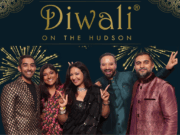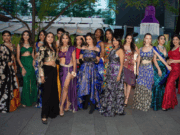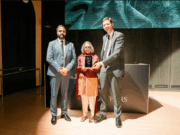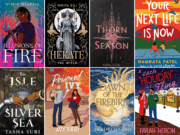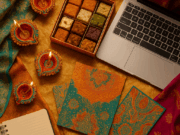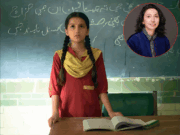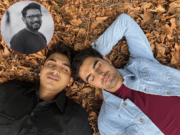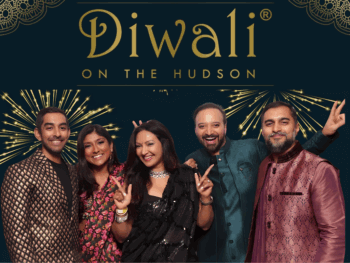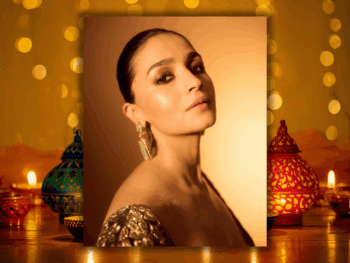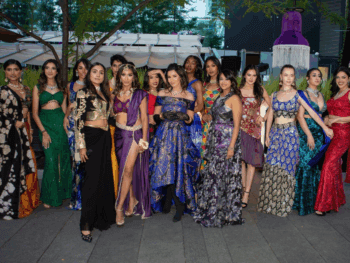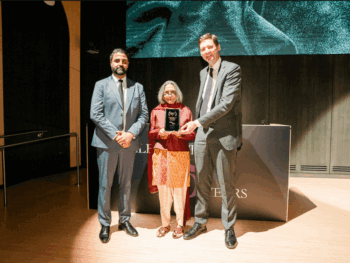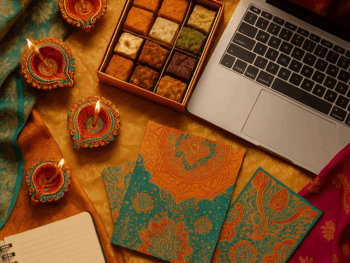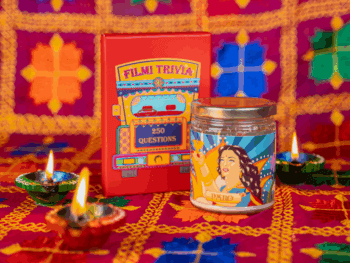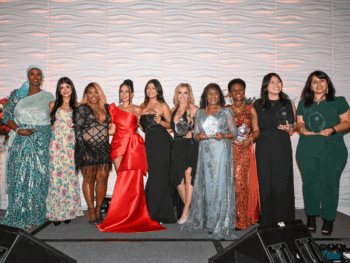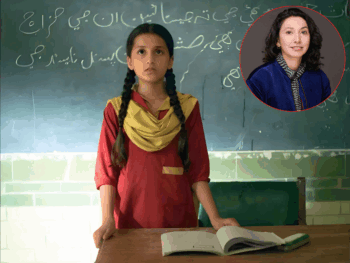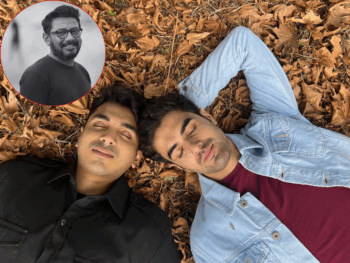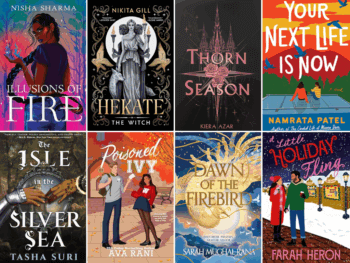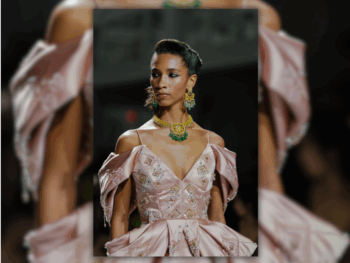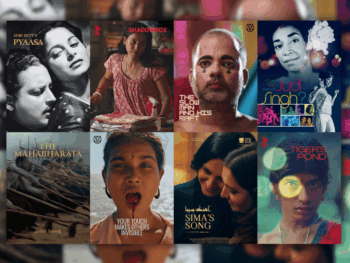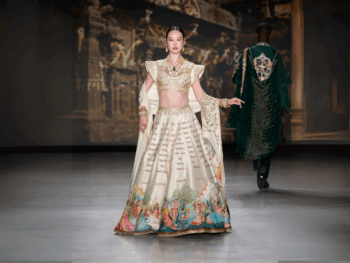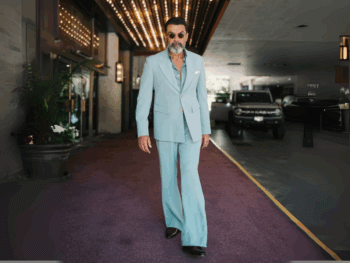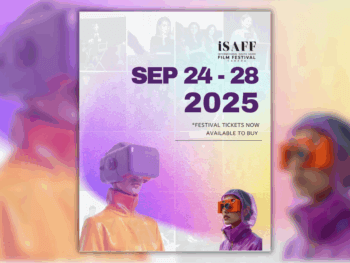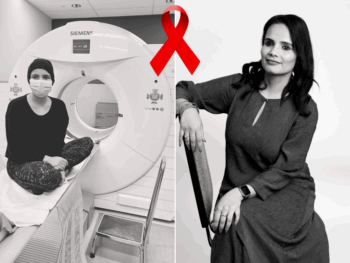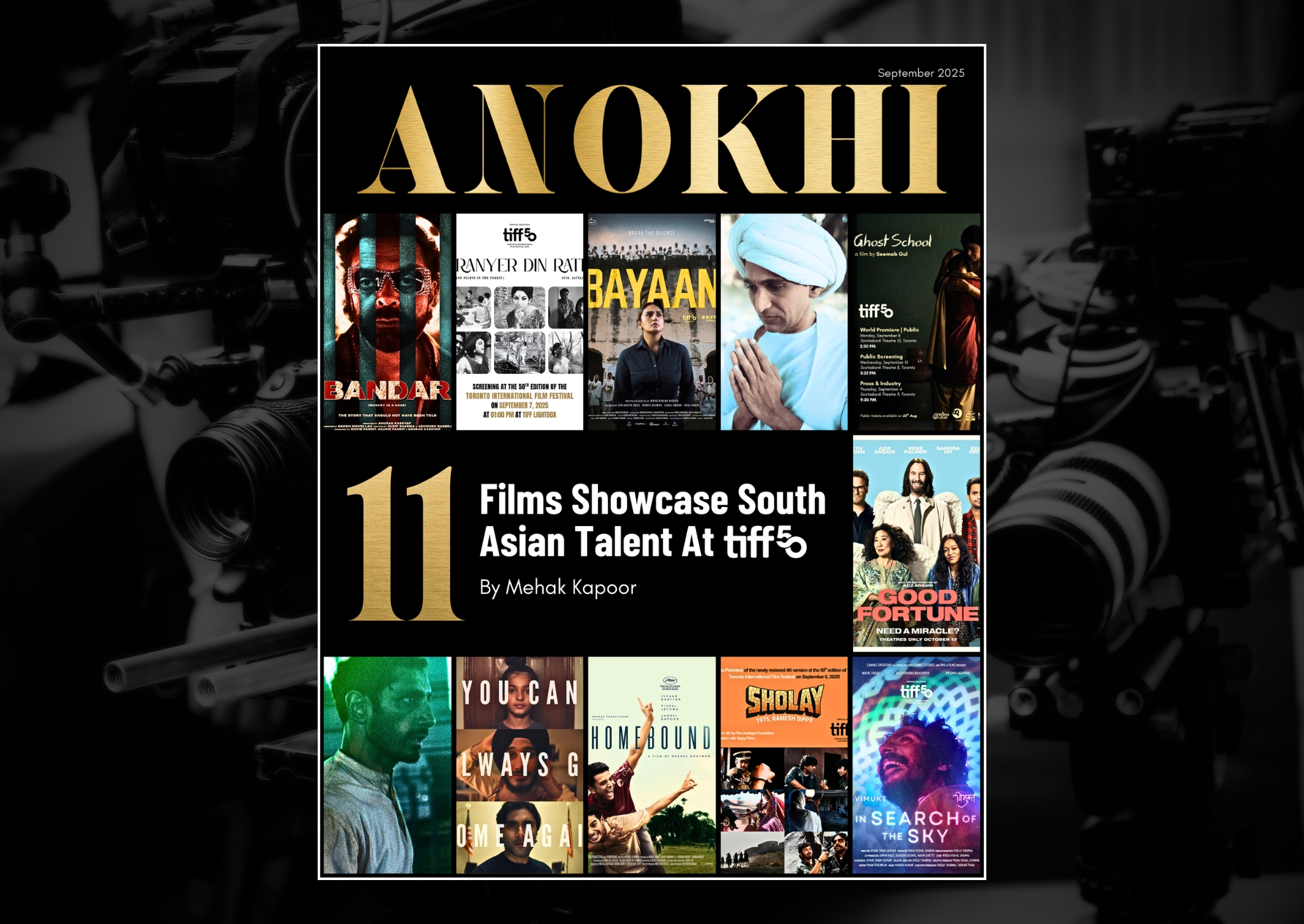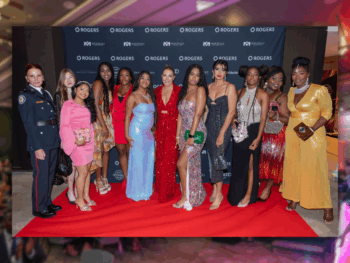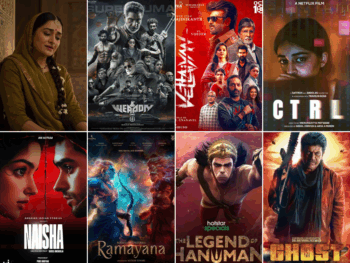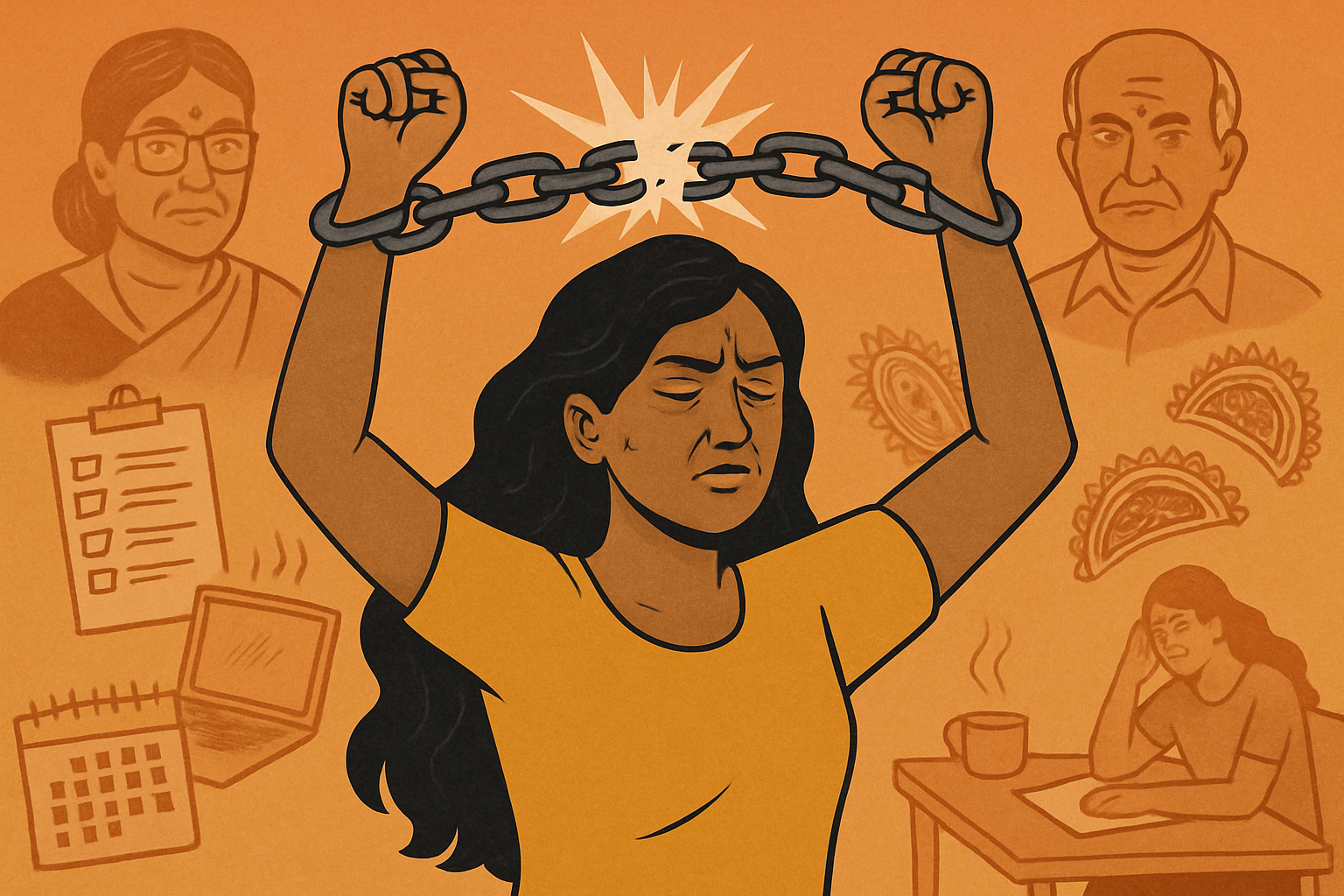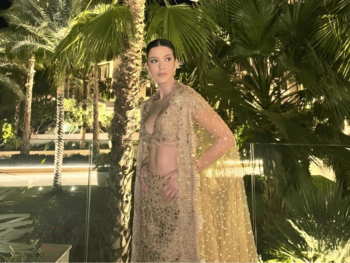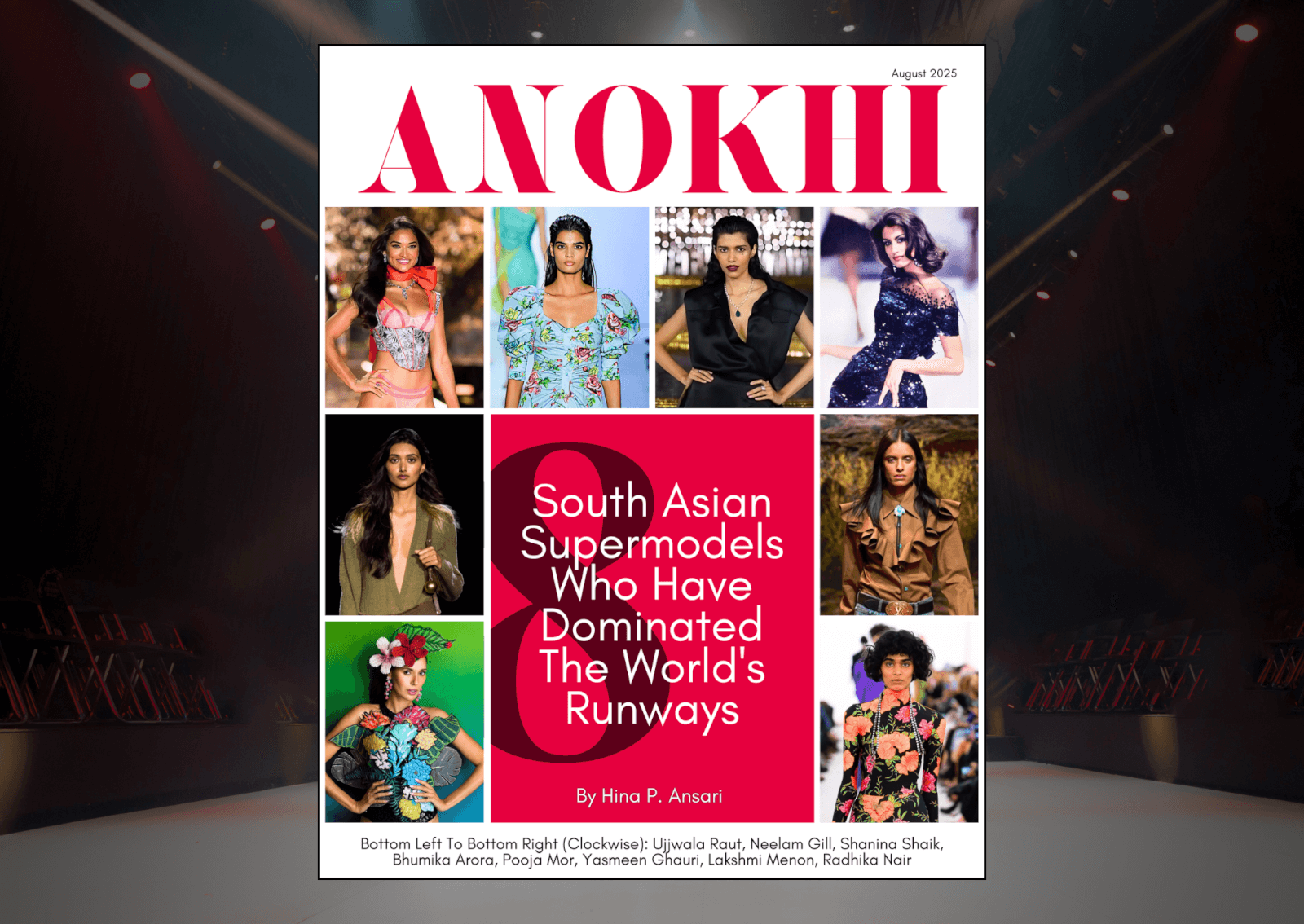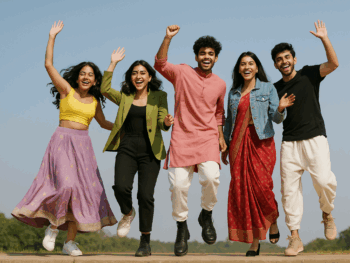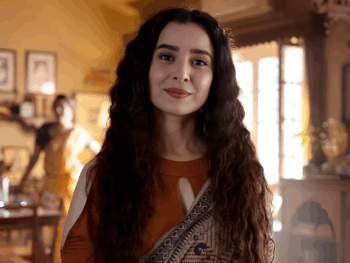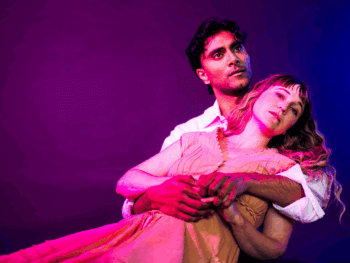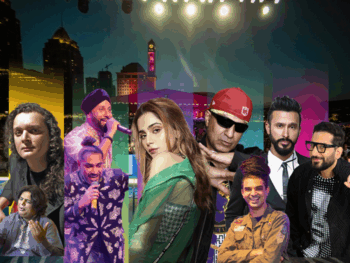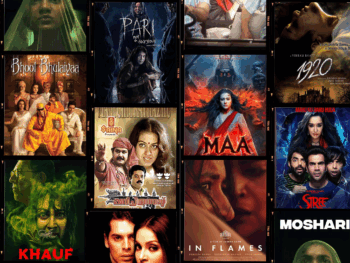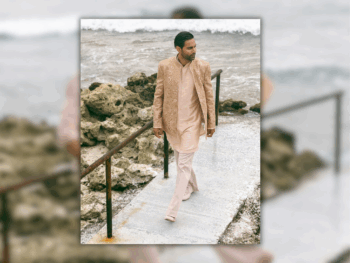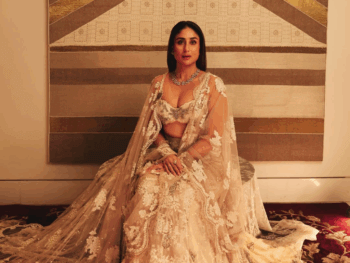The Butterfly Room Author Saurav Dutt Unveils LGBTQ Domestic Abuse In India
Aug 28, 2015
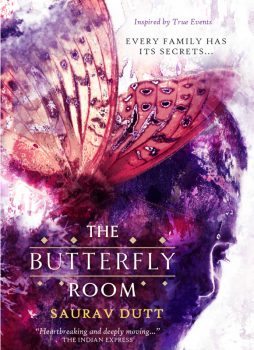
LGBT human rights issues raised in latest expose.
Women’s rights and LGBTQ issues in India have been at the centre of international and social media. Guardian Books and LA Times short-listed British-Indian author Saurav Dutt explores this discourse on violence against women and homosexuality in his latest novel, The Butterfly Room. He recently sat down with ANOKHI Magazine to talk about his latest release.
Nidhi Shrivastava: What was the inspiration for the novel?
Saurav Dutt: I wanted to write a book that dealt with controversial and taboo issues in Indian culture in a serious way that promoted a healthy debate and a certain degree of introspection. Domestic violence, abuse and homophobia are not discussed enough within Indian and Asian society unless a horrific tragedy occurs or there has been a media storm. I wanted to address these issues within the framework of an educated, higher class narrative and well to do family and so dispel the false assumption that these problems are isolated to the lower classes or the uneducated. I wanted to tackle these issues head on and force the reader to think about the different sides to the debate.
.jpeg)
NS: Leslee Udwin's polemic documentary left a lasting impression on you. The novel is also presented as a response to her documentary. Please elaborate more on the relationship between the novel and Udwin's documentary?
SD: It was the ensuing backlash against Leslee for making her documentary that left a particular impression. This was because she set out to tell a story about what had happened and was vilified for it and furthermore the documentary became about the act and the rapists instead of the role of women in Indian society and the fermented attitudes directed against them. I wanted to explore that mindset and attitude, the blame culture and the denial within the upper echelons of Indian society that there is a serious problem. We’ve actually conducted the interview now, which was extremely insightful and telling, and it is available to read at my website and I encourage your readers to read it. Leslee has a copy of The Butterfly Room and I’m delighted she wanted to read it.
NS: In your novel, you write about Vinesh struggling with his homosexual desires but he is unable to express his desires to his family. What are your views on South Asian LGBTI community? Why did you want to highlight this particular issue in conjunction with women's right issues?
SD: I wanted to highlight the issue because the level of denial is the same and the level of vitriol and angry polemic directed towards the LGBTI community often reaches the same level of abject hysteria as against survivors of domestic abuse and rape. Again, homophobia is also not discussed at length with a view to engaging victims and survivors of attacks. It is still seen within the prism of blame and archaic views that reflect disparate and confusing views towards the issues at hand without discussing the impact on those victimized, this is not good enough.

NS: Your novel discusses pivotal issues that continue to exist in both diaspora and national communities: divorce and interracial relationships. Please speak more about these issues and why you chose to deal with them in this novel.
SD: Divorce within Indian communities, and large sections of South Asia, is viewed in unpleasant terms and often vilified at large. It’s all about saving face and I wanted to explore this in the novel. If a marriage has regressed to a point of pure misery and mutual disgust, why should the parties feel obliged to continue because of what others will think and say? What compels them to stay together if not for the children, for example?
Interracial relationships are becoming normalized within a South Asian context but there is still resistance, even though it is slowly being eroded. However there are modern families that foster these same attitudes and which will pass them down to their own children. I wanted to explore the fact that some anachronisms will persist for generations to come and indeed are encouraged to do so.
NS: What were some of the challenges you faced when you were writing the novel?
SD: The biggest challenge was to talk about such serious subjects and not let them fall into cliché and to lose the complexity. Human relationships are incredibly complex — especially in South Asian families — and what is orthodox one day becomes accepted the next. Families are complex too and I had to explore the layers because abuse, homophobia and discrimination are never simple and are never easy to pick apart. So much goes into compiling hate. It is a relatively simple emotion but so much thought goes into hating something or condemning someone for their beliefs.
Saurav Dutt’s novel is available for purchase on Amazon. You can purchase the book here. Leslee Udwin’s documentary can also be viewed on CBC’s Passionate Eye.
Main Image Photo Credit: Saurav Dutt
Nidhi Shrivastava
Author
Nidhi Shrivastava (@shnidhi) is a Ph.D. candidate in the English department at Western University and works as an adjunct professor in at Sacred Heart University. She holds double masters in South Asian Studies and Women's Studies. Her research focuses on Hindi film cinema, censorship, the figure o...
COMMENTS
YOU MAY ALSO LIKE
Newsletter Sign Up
Subscribe to our FREE newsletter for all of the latest news, articles, and videos delivered directly to your inbox each day!





